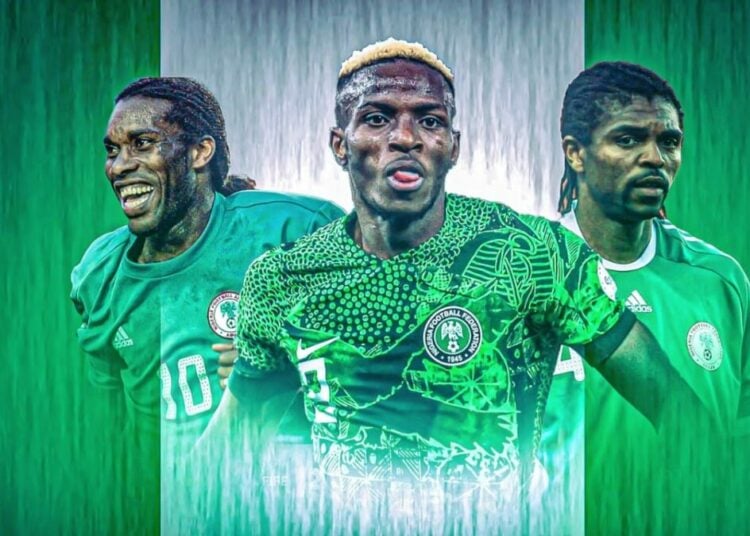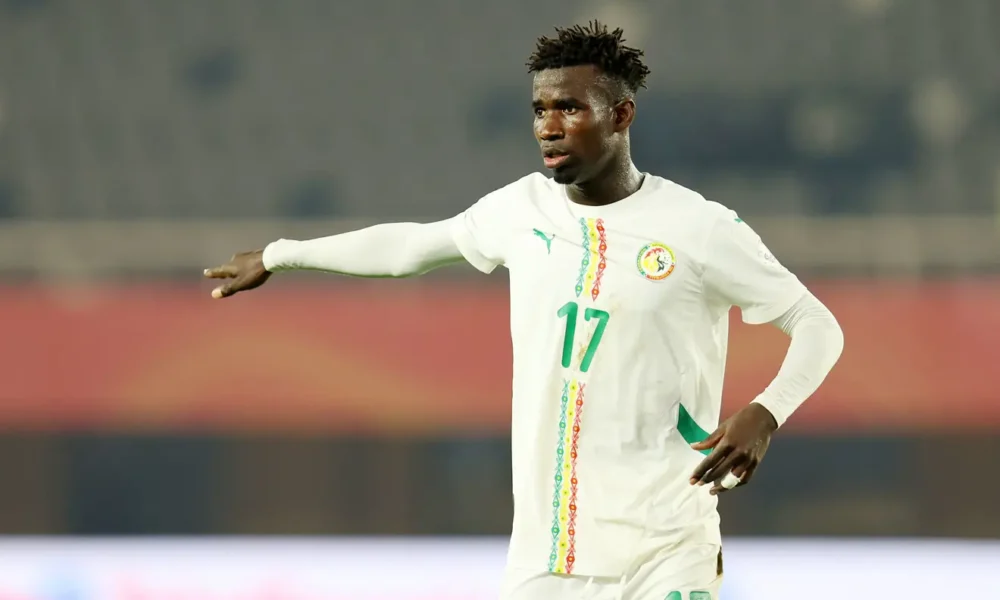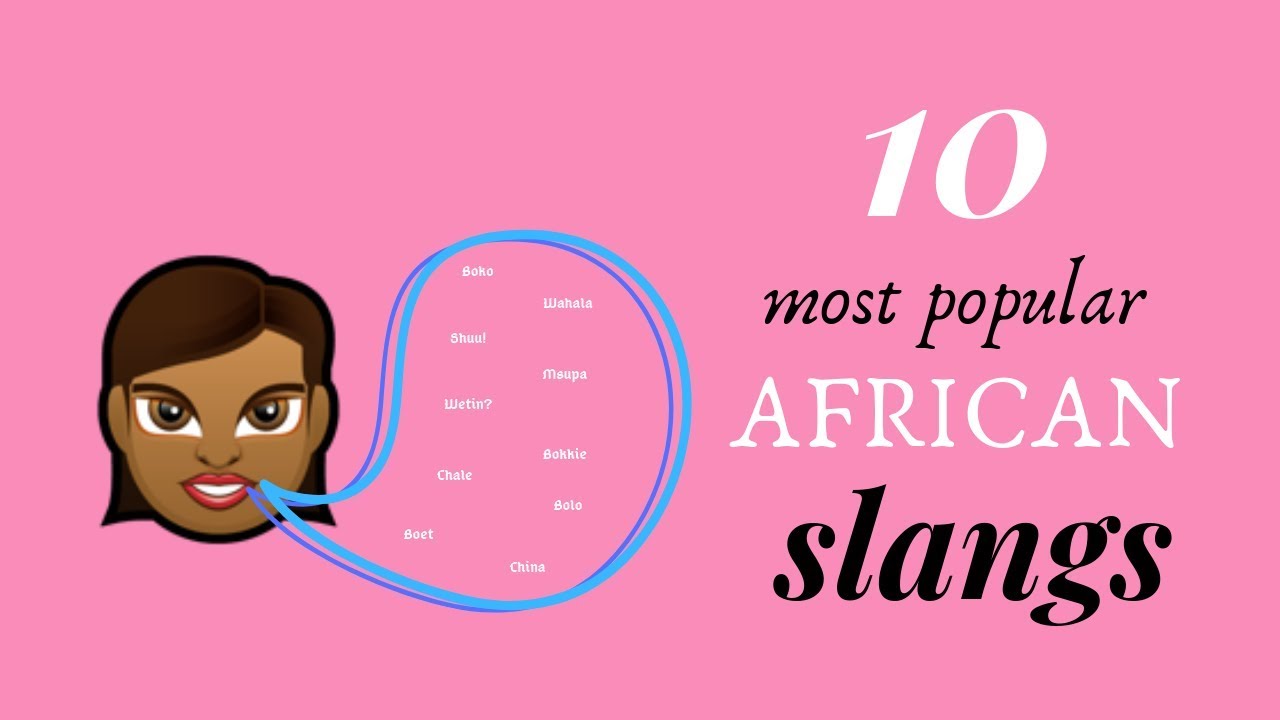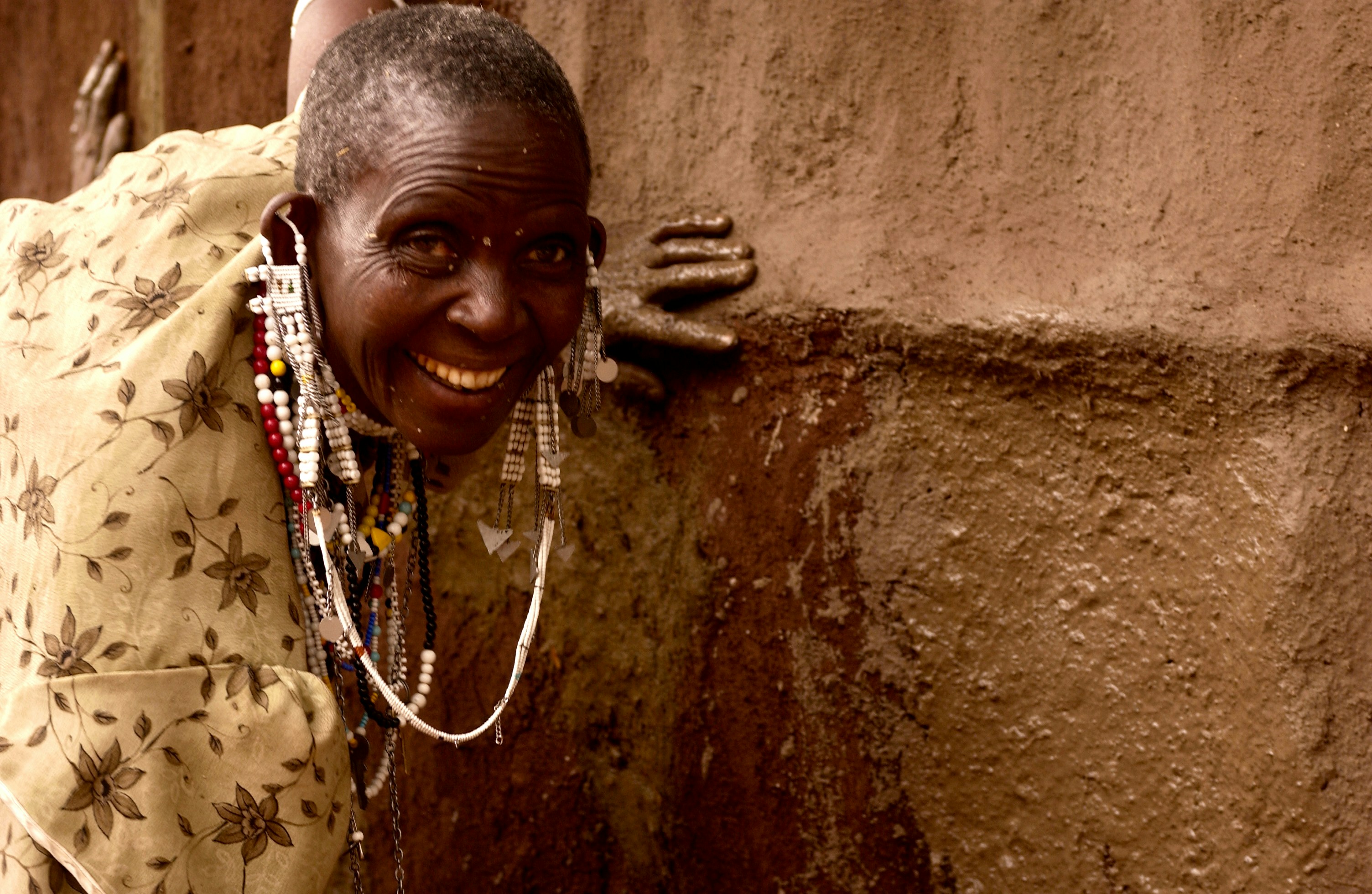From Local to Global: Nigerian Football's Stunning Transformation Unveiled

In Nigeria, football transcends its status as a mere sport; it is an intrinsic part of the national identity, a unifying force that resonates from Lagos to Kano and beyond. For many decades, the iconic green and white jersey of the Super Eagles has symbolized resilience, pride, and national unity. However, beneath the fervent cheers and emotional highs, Nigerian football is experiencing a profound evolution. This transformation spans from the informal street pitches of local communities to prestigious international stadiums, expanding the nation’s football ecosystem technologically, economically, and culturally. Nigeria's journey from nurturing grassroots talent to achieving global recognition is a testament not only to athletic excellence but also to the spirit of innovation shaping Africa's sporting future.
The genesis of football for many Nigerians often lies not in formal academies but in spontaneous street games, where raw skill and creativity flourish amidst the chaos. This informal setting has historically produced some of the world's most naturally gifted players, including the artistic Jay-Jay Okocha, the visionary Kanu Nwankwo, and the determined Victor Osimhen. Over the past decade, however, Nigerian football has transitioned from these impromptu matches into a more structured and organized system. This system is increasingly driven by professional clubs, dedicated youth academies, and strategic private investment. The Nigeria Professional Football League (NPFL) has made considerable strides in areas such as governance, player welfare, and enhancing its visibility, notably through expanded digital coverage. Platforms like Nowgoal.ink now offer real-time updates, match statistics, and league standings for both local and international competitions, effectively bridging the divide between local passion and global accessibility. These digital tools provide Nigerian fans and international scouts with an unprecedented view into the country's footballing evolution.
Technology has fundamentally reshaped how football is consumed, played, and monetized across Nigeria. In earlier times, fans relied on radio commentaries and next-day newspaper reports; today, they receive instant notifications, detailed analytics, and precise player performance data directly on their smartphones. This digital revolution has been significantly propelled by the widespread adoption of mobile internet across Africa, particularly in Nigeria. Streaming platforms now broadcast NPFL and CAF matches online, enabling millions to follow their local heroes regardless of their physical location. Clubs are strategically investing in dedicated social media teams and sophisticated digital marketing strategies, recognizing that online visibility is crucial for attracting sponsors and expanding their fan base. Furthermore, data analysis is becoming integral to training methodologies. Nigerian coaches are increasingly utilizing performance analytics to monitor player movement, speed, and stamina, thereby aligning local coaching practices with global standards. This integration of technology is not merely a convenience; it is actively redefining the trajectory of football development within the country.
Nigerian players stand out as some of Africa’s most successful football exports, consistently making headlines in leagues spanning Europe and Asia. Their impact is recognized not just for their exceptional athleticism but also for their professionalism and adaptability. Figures such as Victor Osimhen (Napoli), Ademola Lookman (Atalanta), and Samuel Chukwueze (AC Milan) serve as prime ambassadors of this new Nigerian football identity – one characterized by modernity, discipline, and global competitiveness. Their inspiring success stories motivate countless aspiring young players back home. Unlike the past, where visibility was limited, scouts now leverage online databases, video highlights, and live-score platforms to discover emerging talent across Nigeria’s domestic leagues. This expansion has significantly broadened the once-narrow pathway to European clubs, opening up increased opportunities for financial and professional advancement. Perhaps the greatest achievement, however, lies in Nigeria's growing reputation as a footballing nation that consistently produces world-class talent, with its strong presence in top European leagues lending credibility to its domestic football structure and incentivizing local clubs to invest in superior facilities and management systems.
Despite these substantial advancements, the Nigerian football industry continues to grapple with persistent challenges. Critical infrastructure often remains outdated in many regions, with poor pitch quality negatively impacting both player performance and safety. A significant number of local clubs struggle with issues such as delayed salaries, insufficient sponsorship, and a general lack of financial transparency. Furthermore, vital revenue streams like broadcast rights and commercial deals remain underdeveloped when compared to more mature African markets such as South Africa or Egypt. The administrative framework of Nigerian football necessitates significant modernization to ensure that the progress observed on the pitch is effectively mirrored by accountability and efficiency off it. The pervasive talent drain also continues to adversely affect the local league, as promising young players frequently opt for opportunities abroad rather than pursuing careers within the domestic system. Without robust structured contracts and clear development pathways, Nigeria faces the ongoing risk of losing its most valuable assets prematurely.
In direct response to these formidable challenges, the proliferation of football academies across Nigeria has emerged as a transformative force. Esteemed institutions like Mavlon FC in Lagos, the longstanding Pepsi Football Academy, and Real Sapphire are spearheading grassroots development. These programs are meticulously equipping young athletes not only with advanced technical skills but also with the mental discipline essential for success at professional levels. Many contemporary academies are now integrating sophisticated digital analytics, comprehensive mentorship programs, and strategic international partnerships, thereby ensuring that their graduates are well-prepared not just for local competition but for stringent global standards. The pedagogical emphasis has shifted from merely identifying raw talent to fostering the development of complete athletes, who are proficient both physically and psychologically. This revitalized structural approach instills hope that the next generation of Nigerian footballers will not only grace global stages but will also significantly elevate the NPFL’s profile across the African continent.
Football in Nigeria extends far beyond being just a national passion; it is a significant business driver. The sport actively generates employment, stimulates tourism, and attracts crucial investment in infrastructure. Local clubs are progressively learning to commercialize their brands through diversified revenue streams such as merchandising, ticketing, and sponsorships. With enhanced governance and increased transparency, the NPFL possesses the inherent potential to become one of Africa’s top three most profitable leagues. Private investors and betting companies are increasingly recognizing football as a stable and growing market. The implementation of transparent management practices, standardized player contracts, and innovative fan engagement strategies could transform the industry into a multi-billion-naira sector. For policymakers, football represents a powerful tool for youth empowerment and national branding – a sector with the capacity to significantly reduce unemployment while simultaneously fostering national unity.
As Nigeria progresses into the middle of the decade, the outlook for its football future appears brighter than ever. The strategic integration of digital innovation, comprehensive youth development programs, and increased international exposure is actively rewriting the nation’s sports narrative. In the forthcoming years, it is anticipated that more Nigerian clubs will achieve greater success in continental competitions, a higher number of domestic games will be broadcast globally, and more players will seamlessly transition from the NPFL to major European leagues. Yet, the most profound transformation lies not solely in improved infrastructure or expanded global recognition, but in a fundamental shift in mindset. Nigerian football is increasingly prioritizing and valuing data, discipline, and structured development as much as its famed natural talent. It is diligently embracing advanced technology and professional standards, all while remaining deeply rooted in the raw, vibrant passion that has always defined its iconic status.
Recommended Articles
Underdog Triumph: Cape Verde Secures Historic World Cup Spot Against All Odds

Cape Verde made history by qualifying for the 2026 World Cup for the first time, triumphing over Eswatini 3-0. This rema...
Black Stars of Ghana Qualify for 2026 FIFA World Cup After Victory Over Comoros
&format=jpeg)
Ghana's Black Stars have secured their spot in the 2026 FIFA World Cup with a 1-0 victory over Comoros, marking their fi...
High Stakes Showdown: Super Eagles Battle Benin in Must-Win World Cup Qualifier
)
Nigeria's Super Eagles face the Benin Republic's Cheetahs in a crucial 2026 FIFA World Cup qualifier in Uyo. With Benin ...
FIFA SHOCKER: South Africa's Points Deduction Fuels African Football Firestorm

FIFA has sanctioned South Africa's Bafana Bafana with a three-point deduction and a fine for fielding an ineligible play...
Football Fever: Sudan and Senegal Battle for CHAN 2024 Bronze in Kampala Spectacle

The 2024 TotalEnergies African Nations Championship bronze medal match will see Sudan and Senegal clash in Kampala. Suda...
You may also like...
Inherited Hustles: When Parents Project Their Unfulfilled Dreams on Children

Inherited hustles are shaping African youth. Read how parents pressure their children to pursue ‘prestige’ careers clash...
Beats of Faith: The Silent Battle Between Gospel, Islamic Nasheeds, and Secular Music in Africa

Music in Africa is not just sounds, it's a lifeline, a complex beat of faiths, where does Africa stand where there is a ...
10 African Slang Phrases That Deserve a Place in the Oxford Dictionary

From sapa to japa, African slang captures the continent’s rhythm, resilience, and wit. Here are ten vibrant expressions ...
Our Grandmothers Were Influencers: The Secret Power Networks of African Women

Before influencers and Wi-Fi, African women mastered the art of influence, through gossip, markets, church choirs, and s...
From Local to Global: Nigerian Football's Stunning Transformation Unveiled

Nigerian football is undergoing a profound transformation, evolving from grassroots beginnings into a technologically ad...
Historic Achievement: Folashade Oluwafemiayo Dominates 2025 Para Powerlifting, Shattering World Records
)
Nigerian para powerlifting sensation Folashade Oluwafemiayo has smashed world and African records at the 2025 World Para...
Tom Cruise's Untold Sci-Fi Gem: A $175M Masterpiece Awaiting Its Long-Overdue Sequel!

Tom Cruise's 2014 sci-fi classic, "Edge of Tomorrow," starring Emily Blunt, has made a surprising return to global strea...
Frozen 3 Production Heats Up: Kristen Bell Confirms Script & Imminent Filming!

Kristen Bell has announced that production for "Frozen 3" will soon begin, with the film slated for a 2027 release. Simu...